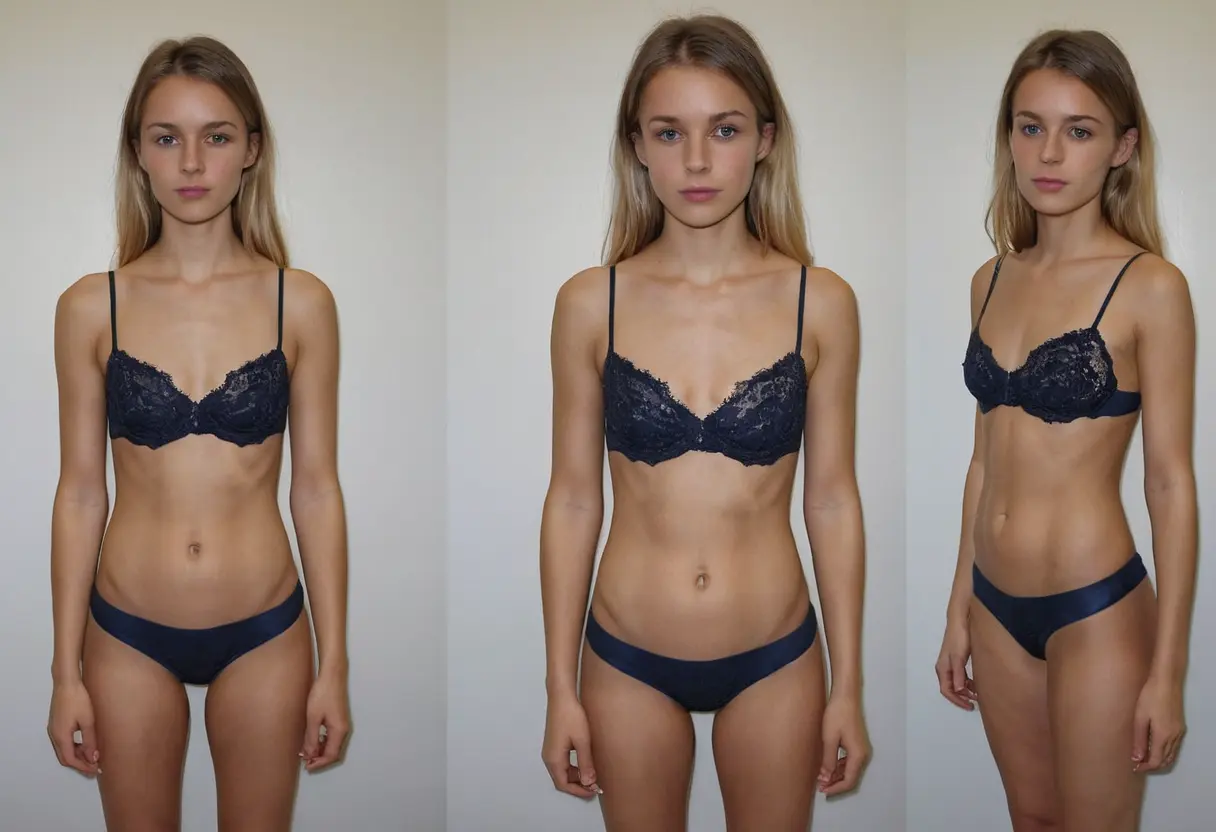The Future of AI in Fashion Industry and Its Role in Undressing Innovations
The Future of AI in the Fashion Industry
The fashion industry is undergoing a significant transformation, driven by advancements in artificial intelligence (AI). As we look towards the future, AI's role in fashion goes beyond mere automation; it is paving the way for innovative designs, enhanced customer experiences, and sustainable practices. This article will explore how AI is revolutionizing the fashion landscape, focusing on its implications for design, production, marketing, and consumer engagement.
AI in Fashion Design
AI is redefining the creative process in fashion design. Designers are now utilizing AI tools to analyze trends, predict styles, and even create designs autonomously. Through machine learning algorithms, AI can process vast amounts of data from social media, fashion shows, and consumer preferences. This allows designers to stay ahead of trends and cater to customer demands more effectively.
Furthermore, AI-driven design software can generate unique patterns and styles that may not have been conceived by human designers. For example, brands like Adidas and Stella McCartney are already using AI to create sustainable collections that reduce waste and optimize resources. This innovative approach not only enhances creativity but also addresses the pressing need for sustainability in fashion.
Streamlining Production with AI
The production process in the fashion industry is often lengthy and complex. AI technologies are streamlining this process through predictive analytics and automation. By analyzing historical data, AI can forecast demand and optimize inventory management, reducing overproduction and minimizing waste.
Moreover, AI-powered robotics are transforming manufacturing. Automated sewing machines and cutting tools increase efficiency and accuracy, allowing for quicker turnaround times. Brands like Zara have begun implementing AI in their supply chains, enabling them to respond swiftly to changing consumer demands while maintaining high-quality standards.
Enhancing Marketing Strategies
Marketing in the fashion industry is becoming increasingly data-driven, and AI is at the forefront of this evolution. By leveraging consumer data, AI can create personalized marketing campaigns that resonate with individual customers. This personalization enhances the shopping experience, leading to higher conversion rates and customer loyalty.
AI tools can analyze customer behavior across various platforms, enabling brands to tailor their messaging and offers. For instance, AI algorithms can recommend products based on past purchases or browsing history, creating a more engaging shopping experience. Brands like ASOS are using AI to improve their online marketing strategies, resulting in increased sales and customer satisfaction.
AI and Consumer Engagement
Consumer engagement is crucial for building brand loyalty, and AI plays a vital role in enhancing this aspect. Virtual fitting rooms, powered by augmented reality (AR) and AI, allow customers to try on clothes virtually before making a purchase. This technology reduces the likelihood of returns and boosts customer confidence in their buying decisions.
Additionally, chatbots and virtual assistants are revolutionizing customer service in the fashion industry. These AI-driven tools provide instant support, answering queries and assisting with purchases 24/7. Brands like H&M are implementing AI chatbots to enhance customer interactions, making the shopping experience more seamless and efficient.
Sustainability through AI Innovations
As sustainability becomes a priority in the fashion industry, AI innovations are undress ai toolleading the charge. From reducing waste in production to promoting ethical sourcing, AI technologies are helping brands adopt more sustainable practices. For instance, AI can analyze the environmental impact of materials and processes, guiding brands in making eco-friendly choices.
Additionally, AI can facilitate circular fashion by enabling better recycling and upcycling processes. By analyzing product lifecycle data, AI can help identify which garments can be recycled and how to do so effectively. This approach not only benefits the environment but also appeals to the growing number of eco-conscious consumers.
Conclusion
The future of AI in the fashion industry is bright, with the potential to revolutionize every aspect of the sector. From innovative design processes to streamlined production, personalized marketing, and enhanced consumer engagement, AI is set to transform how fashion operates. As brands embrace these technologies, they are not only improving efficiency but also paving the way for a more sustainable and customer-centric industry. The integration of AI is not just a trend; it is an essential evolution that will shape the future of fashion for years to come.
Weekly hotspots
- Explore the Latest Innovations in Undress AI Technology
- Discover the Benefits of Free Undressed AI for Creative Projects
- Explore the Fascinating World of Undress AI on Reddit
- Discover the Impact of Undress Show AI on Fashion Industry Innovation
- The Impact of AI Undress Videos on Privacy and Digital Culture
- How Undress AI DeepNude is Transforming Digital Privacy and Creativity





